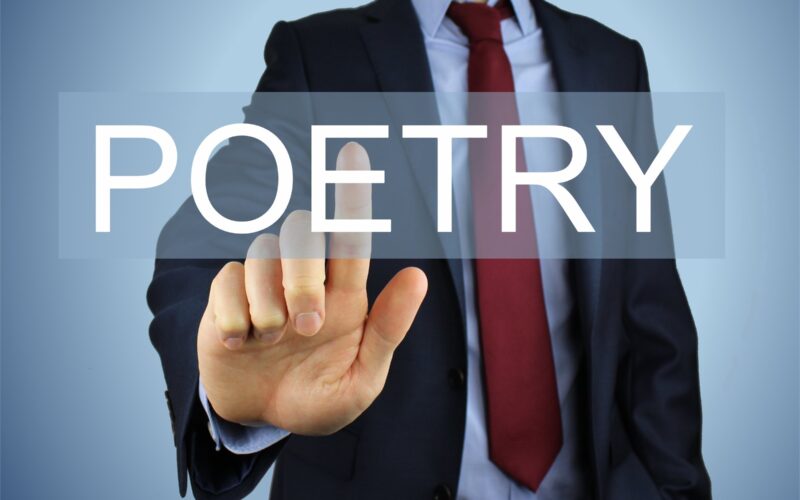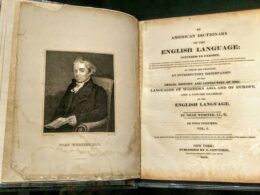English Poetry
An Artistic Journey through Language and Emotions
English poetry is a captivating art form that has been enchanting readers for centuries. It is a medium through which emotions, thoughts, and experiences are beautifully expressed using the power of language. This article delves into the world of English poetry, exploring its history, forms, notable poets, and the enduring impact it has on literature and human emotions.
Table of Contents
English Poetry : An Immersive Experience
English poetry weaves a tapestry of words, painting vivid images in the minds of its readers. Each poetic form carries its own unique charm, whether it’s the compact elegance of a sonnet or the raw emotions of a free verse. These forms allow poets to express their innermost thoughts, desires, and fears with captivating simplicity or intricate complexity.
Unveiling the Poetic Legends of English Poetry
Throughout history, countless poets have left an indelible mark on the world of literature. William Shakespeare, often regarded as the greatest playwright and poet, crafted sonnets that immortalized love in its many shades. Emily Dickinson, living a life of seclusion, penned verses that explored the depths of the human soul. Robert Frost’s enchanting poems celebrated the beauty of nature and the trials of life. Maya Angelou and Langston Hughes, through their eloquent words, gave voice to the struggles and triumphs of African-Americans.
Embracing the Power of Emotions
English poetry has the unparalleled ability to touch the hearts of readers. It delves into the realm of human emotions, offering solace during times of sorrow and celebrating joyous moments. Poets often draw inspiration from personal experiences, allowing them to form an intimate bond with their readers, who find echoes of their own feelings in the verses.
Impact on Literature and Beyond
English poetry’s influence extends far beyond the realms of literature. Writers have borrowed poetic devices and metaphors to add depth to their prose. Songwriters have transformed poems into melodic compositions that resonate with audiences worldwide. Metaphors and allegories, commonly used in poetry, enrich language, making it vibrant and compelling.
Engaging with Modern Poetry
In the digital age, poetry has taken on new forms and platforms. Spoken word poetry captivates audiences through powerful performances, using spoken language as a force of change. Digital poetry merges art and technology, creating interactive and visually stunning compositions. Poetry slams bring together poets in electrifying competitions, pushing the boundaries of creativity.
Unleashing Your Inner Poet in English Poetry
Writing English poetry is a rewarding journey of self-expression. Finding inspiration in everyday moments, understanding poetic techniques, and embracing vulnerability in your words are all part of the poetic process. Like sculptors of language, poets chisel their thoughts and emotions into finely crafted verses.
Conclusion Of English Poetry
English poetry stands as a testament to the beauty and power of language. It transcends time and cultural barriers, speaking to the very essence of the human experience. With its diverse forms and emotional resonance, it continues to enrich lives and inspire generations. So, let the words flow, and discover the poet within you, for English poetry welcomes all who dare to express their hearts.
FAQs
- Q: What is the oldest English poem? A: The oldest known English poem is “Beowulf,” an epic poem dating back to the early medieval period.
- Q: Can anyone become a poet? A: Yes, anyone with a passion for language and emotions can explore the art of poetry and become a poet.
- Q: How can I improve my poetic writing? A: Reading poetry from different eras and experimenting with various poetic forms and techniques can help enhance your writing skills.
- Q: Are there any famous contemporary English poets? A: Yes, there are several renowned contemporary poets, such as Mary Oliver, Billy Collins, and Rita Dove.
- Q: What is the significance of rhyme in poetry? A: Rhyme adds musicality to poetry and helps create a sense of rhythm and flow, enhancing the overall poetic experience









2 comments